Watch Out for Utility Bill Scams
Don't give out personal information to people claiming the government will help pay your electric bill.

Profit and prosper with the best of Kiplinger's advice on investing, taxes, retirement, personal finance and much more. Delivered daily. Enter your email in the box and click Sign Me Up.
You are now subscribed
Your newsletter sign-up was successful
Want to add more newsletters?

Delivered daily
Kiplinger Today
Profit and prosper with the best of Kiplinger's advice on investing, taxes, retirement, personal finance and much more delivered daily. Smart money moves start here.

Sent five days a week
Kiplinger A Step Ahead
Get practical help to make better financial decisions in your everyday life, from spending to savings on top deals.

Delivered daily
Kiplinger Closing Bell
Get today's biggest financial and investing headlines delivered to your inbox every day the U.S. stock market is open.

Sent twice a week
Kiplinger Adviser Intel
Financial pros across the country share best practices and fresh tactics to preserve and grow your wealth.

Delivered weekly
Kiplinger Tax Tips
Trim your federal and state tax bills with practical tax-planning and tax-cutting strategies.

Sent twice a week
Kiplinger Retirement Tips
Your twice-a-week guide to planning and enjoying a financially secure and richly rewarding retirement

Sent bimonthly.
Kiplinger Adviser Angle
Insights for advisers, wealth managers and other financial professionals.

Sent twice a week
Kiplinger Investing Weekly
Your twice-a-week roundup of promising stocks, funds, companies and industries you should consider, ones you should avoid, and why.

Sent weekly for six weeks
Kiplinger Invest for Retirement
Your step-by-step six-part series on how to invest for retirement, from devising a successful strategy to exactly which investments to choose.
The Better Business Bureau is warning Americans to beware of a new scam that claims the federal government will help pay their electric bills.
Thousands of people across the country already have become victims of scammers who call, text, show up at homes or use social media to tout a federal assistance program that will pay up to $1,000 on utility or credit-card bills -- but there is no such program, according to the BBB.
The scammers ask people for their Social Security numbers and other personal information then give victims a phony bank account and routing number to use when paying their bills online. Even though some people get confirmation of their payment, their bills don't get paid. And those who give out personal information expose themselves to identity theft. (Read more from the BBB about the scam.)
From just $107.88 $24.99 for Kiplinger Personal Finance
Become a smarter, better informed investor. Subscribe from just $107.88 $24.99, plus get up to 4 Special Issues

Sign up for Kiplinger’s Free Newsletters
Profit and prosper with the best of expert advice on investing, taxes, retirement, personal finance and more - straight to your e-mail.
Profit and prosper with the best of expert advice - straight to your e-mail.
To avoid becoming a victim, the BBB advises people to take the following steps:
--Don't give personal information over the phone. Unless you initiate contact, never give anyone your Social Security number, credit card number or bank account information.
--Verify that the person contacting you is from your utility company by ending the call and calling the customer service number on your utility bill. If someone comes to your home claiming to be from your utility company, ask for identification. Do not let the person in your home if you did not schedule a service appointment. Call the utility company to confirm that it sent someone to your home.
--Pay bills with your bank or credit account, not accounts provided to you by others.
--Let others know about this scam.
Get 100 of our top money-saving tips by downloading the new iPad app or purchasing the PDF version.
Profit and prosper with the best of Kiplinger's advice on investing, taxes, retirement, personal finance and much more. Delivered daily. Enter your email in the box and click Sign Me Up.

Award-winning journalist, speaker, family finance expert, and author of Mom and Dad, We Need to Talk.
Cameron Huddleston wrote the daily "Kip Tips" column for Kiplinger.com. She joined Kiplinger in 2001 after graduating from American University with an MA in economic journalism.
-
 5 Vince Lombardi Quotes Retirees Should Live By
5 Vince Lombardi Quotes Retirees Should Live ByThe iconic football coach's philosophy can help retirees win at the game of life.
-
 The $200,000 Olympic 'Pension' is a Retirement Game-Changer for Team USA
The $200,000 Olympic 'Pension' is a Retirement Game-Changer for Team USAThe donation by financier Ross Stevens is meant to be a "retirement program" for Team USA Olympic and Paralympic athletes.
-
 10 Cheapest Places to Live in Colorado
10 Cheapest Places to Live in ColoradoProperty Tax Looking for a cozy cabin near the slopes? These Colorado counties combine reasonable house prices with the state's lowest property tax bills.
-
 Watch Out for These Travel Scams This Summer
Watch Out for These Travel Scams This SummerIdentity Theft These travel scams are easy to fall for and could wreck your summer. Take a moment to read up on the warning signs and simple ways to protect yourself.
-
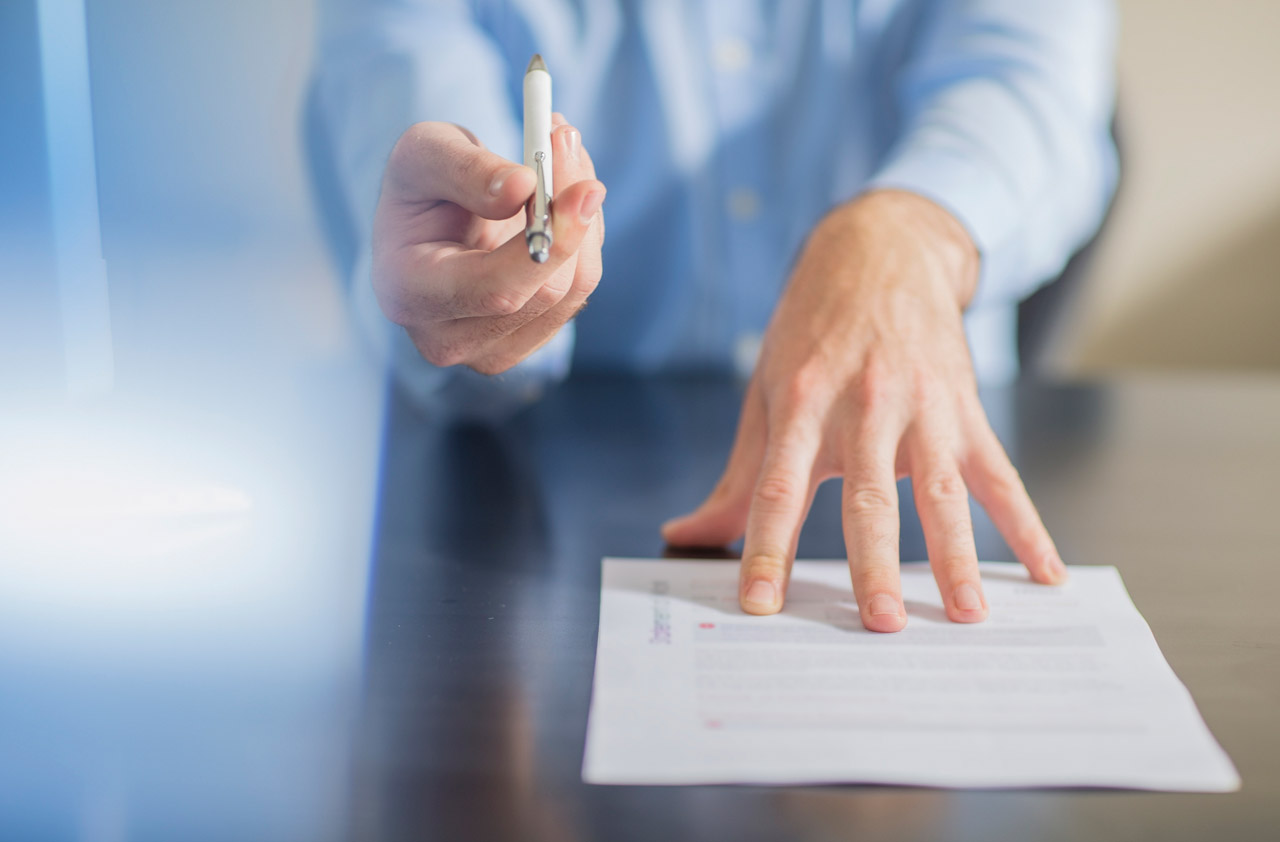 Don't Fall for Timeshare Exit Scams
Don't Fall for Timeshare Exit ScamsScams Sketchy firms are targeting older timeshare owners with hollow promises to get them out of their contracts for a hefty upfront fee.
-
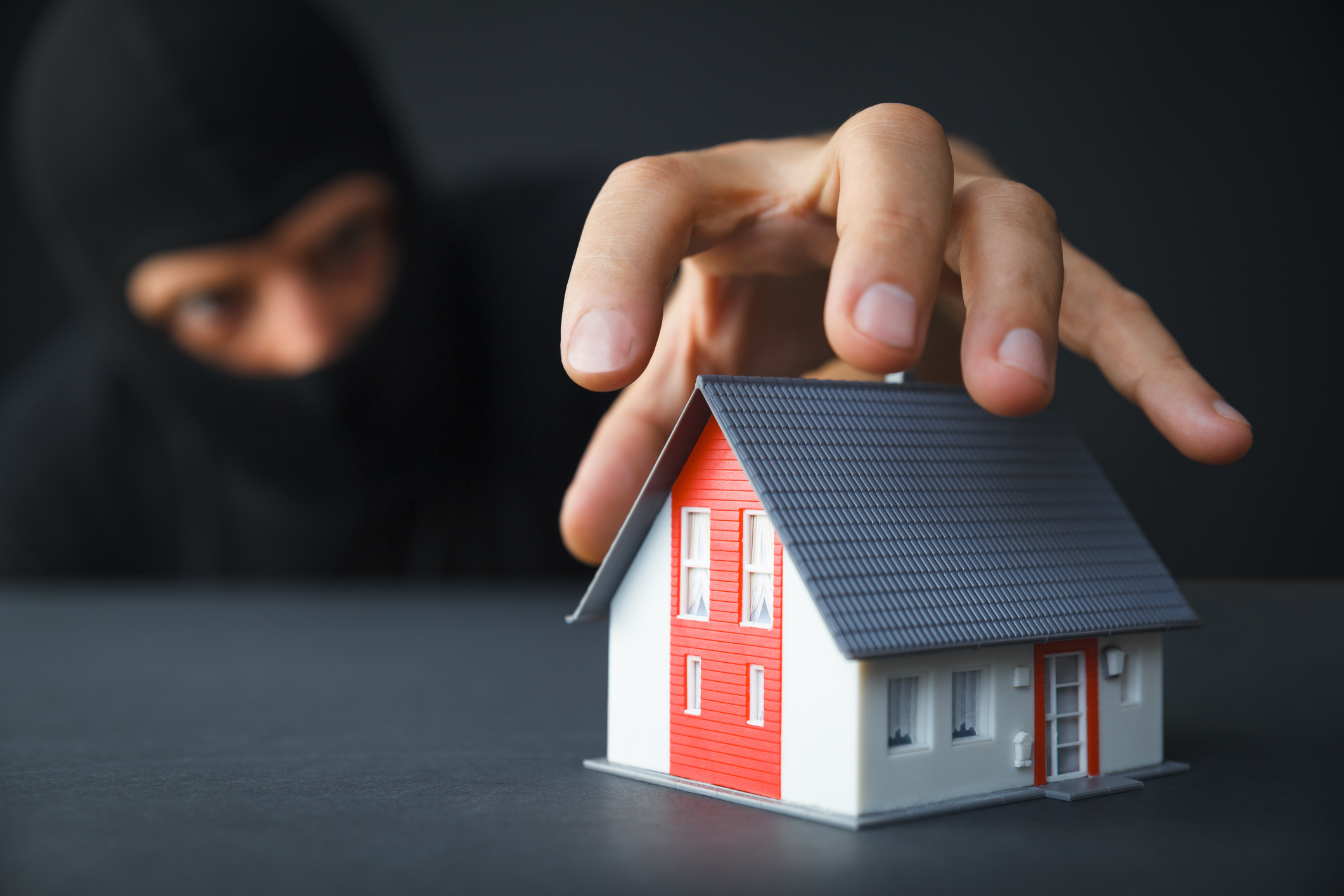 How to Protect Your Home From Deed Fraud
How to Protect Your Home From Deed FraudScams Protect yourself from deed theft with these free steps. You don’t need to pay a company to protect your your home title.
-
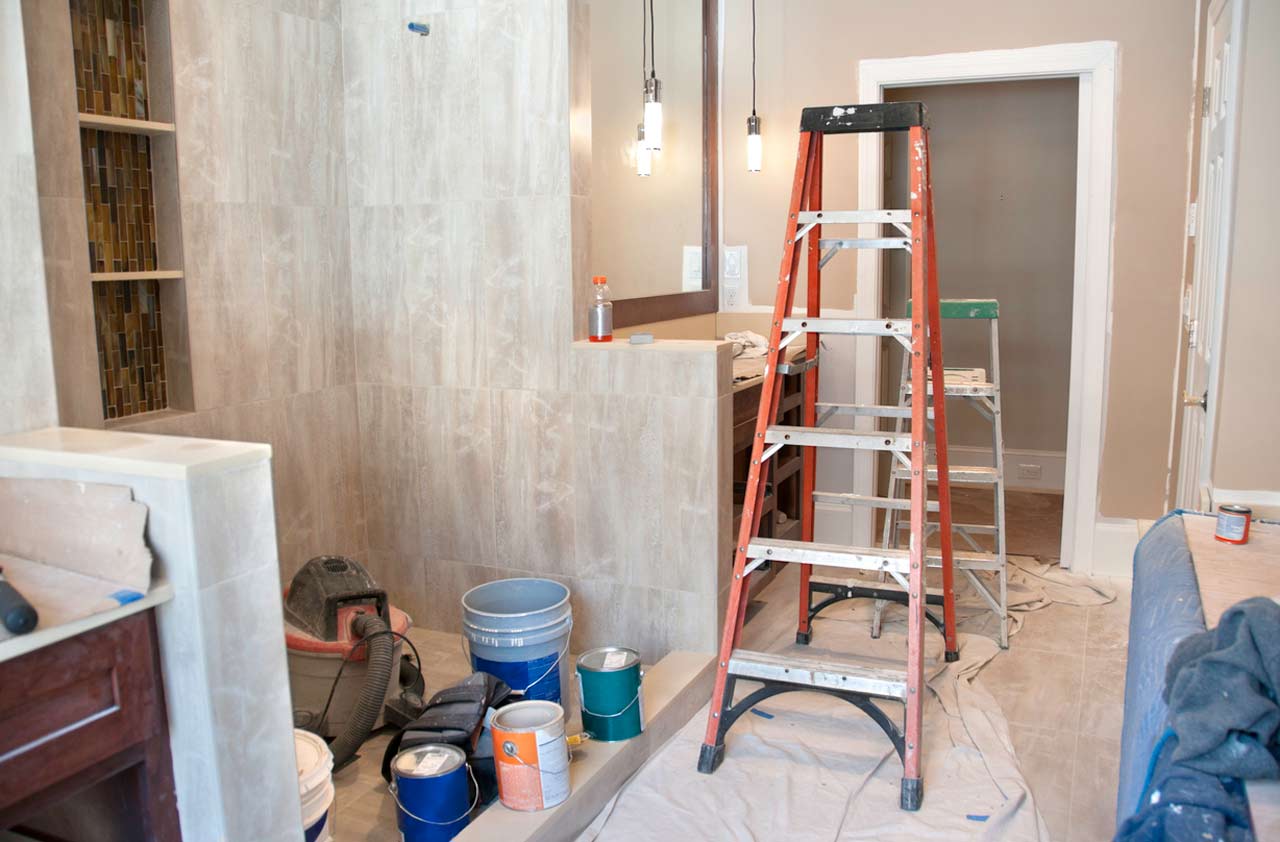 3 Tips to Update Your Bathroom for Less
3 Tips to Update Your Bathroom for Lessreal estate The time of year, where you shop, and how you design can all affect your remodel costs.
-
 Trim Your Mortgage Rate With a 'Nonbank'
Trim Your Mortgage Rate With a 'Nonbank'real estate Online lenders could help you cut your expenses.
-
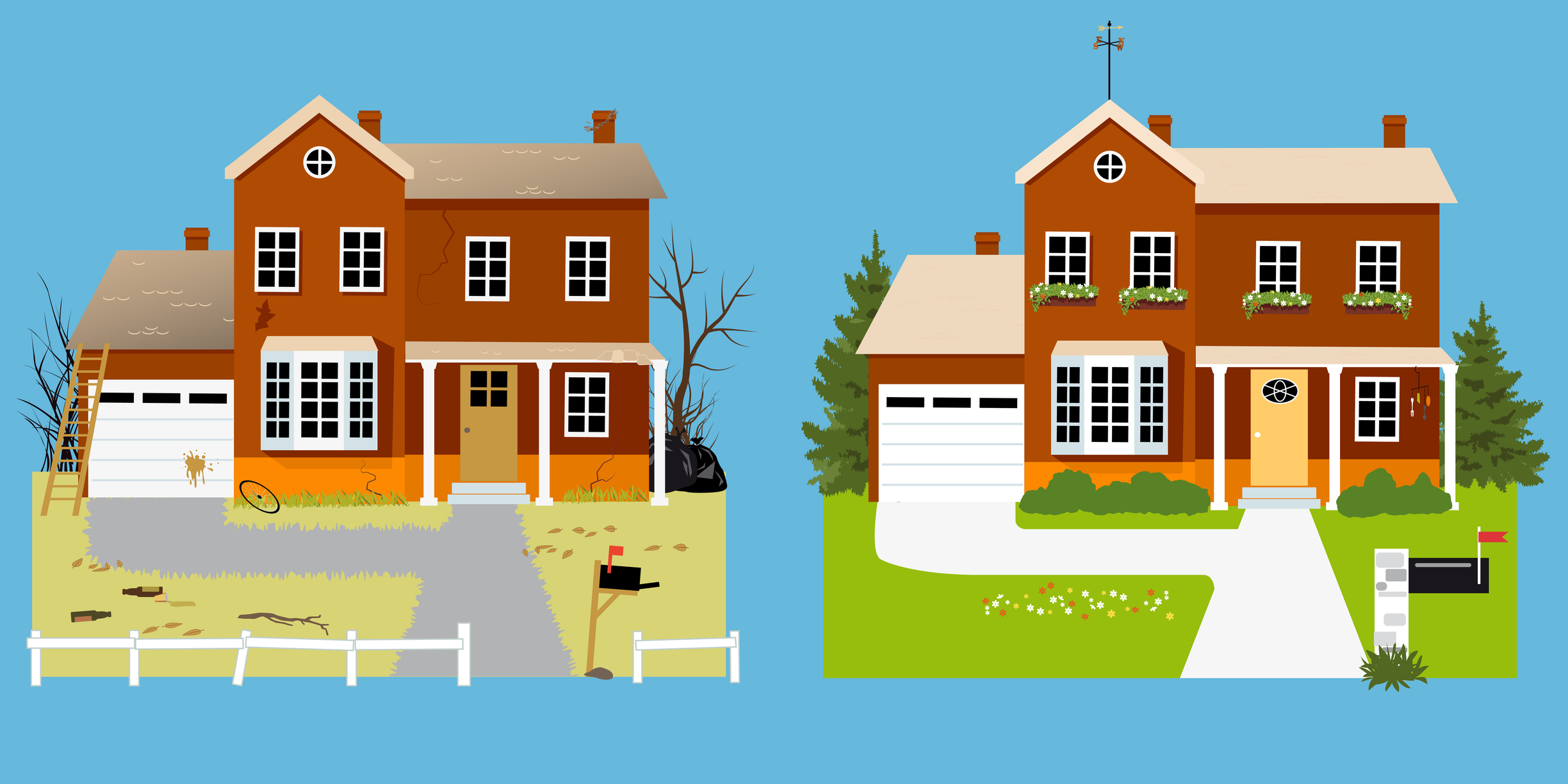 Seven Reasons Your House Is Still on the Market
Seven Reasons Your House Is Still on the Marketreal estate You stuck a for-sale sign in the front yard but the offers aren’t rolling in. Here’s why.
-
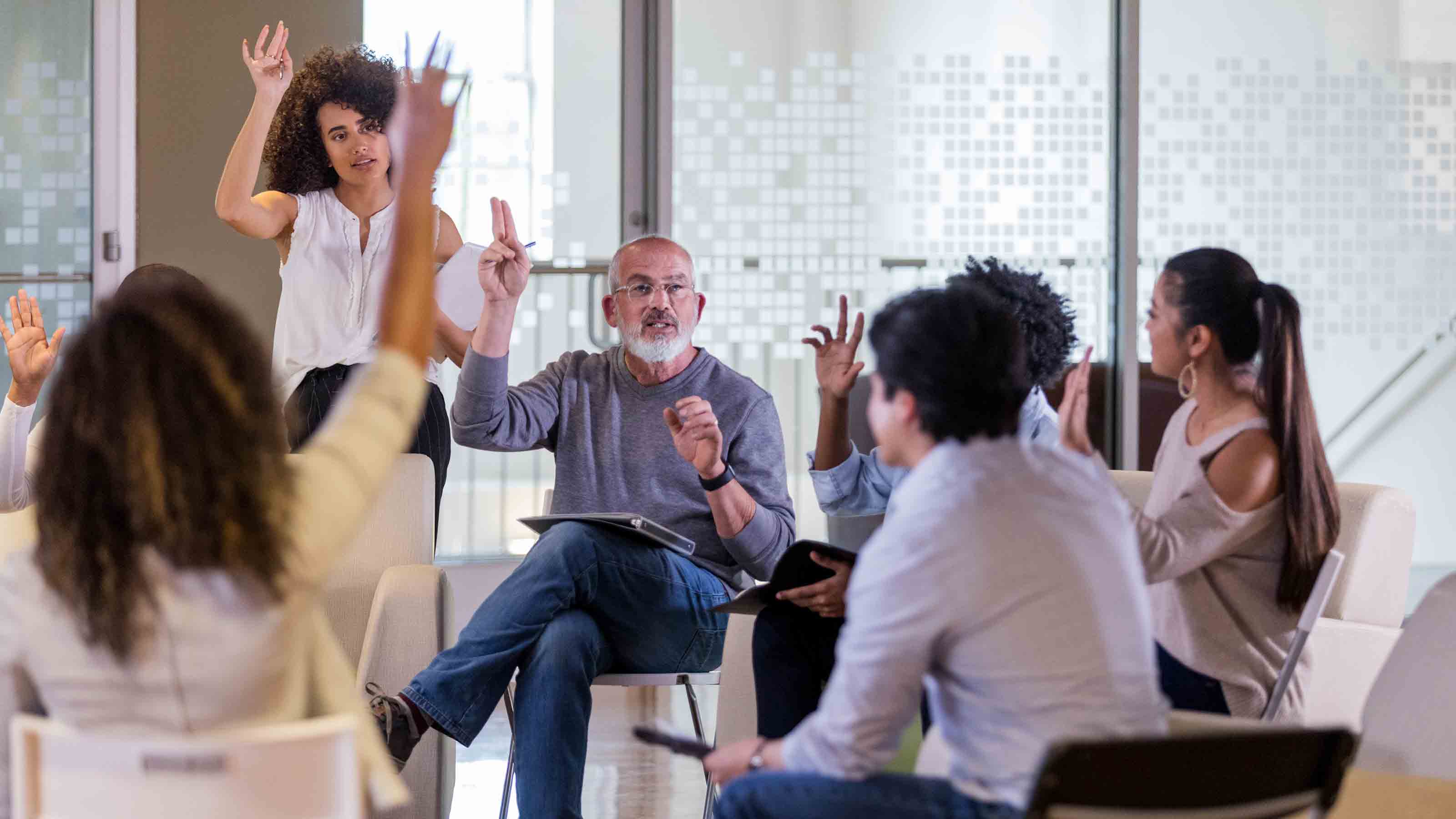 5 Reasons You Hate Your Homeowners Association
5 Reasons You Hate Your Homeowners Associationreal estate You want the property, you sign on with an HOA and bear the consequences.
-
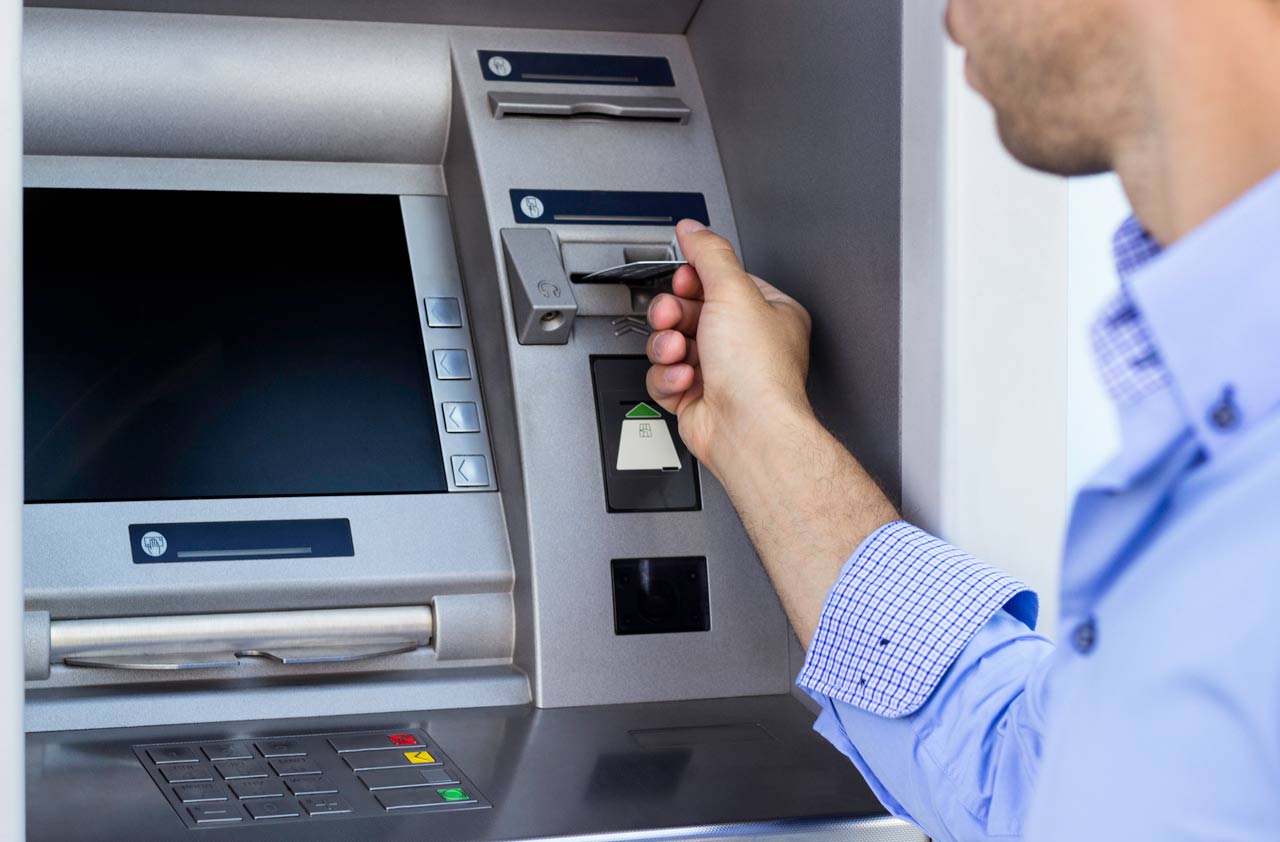 Scam Alerts: Beware Unattended ATMs, Down-Payment Fraud
Scam Alerts: Beware Unattended ATMs, Down-Payment FraudScams Fresh hustles and cons you need to avoid.